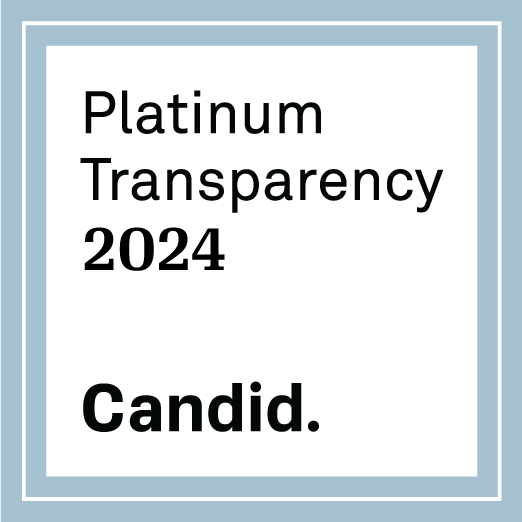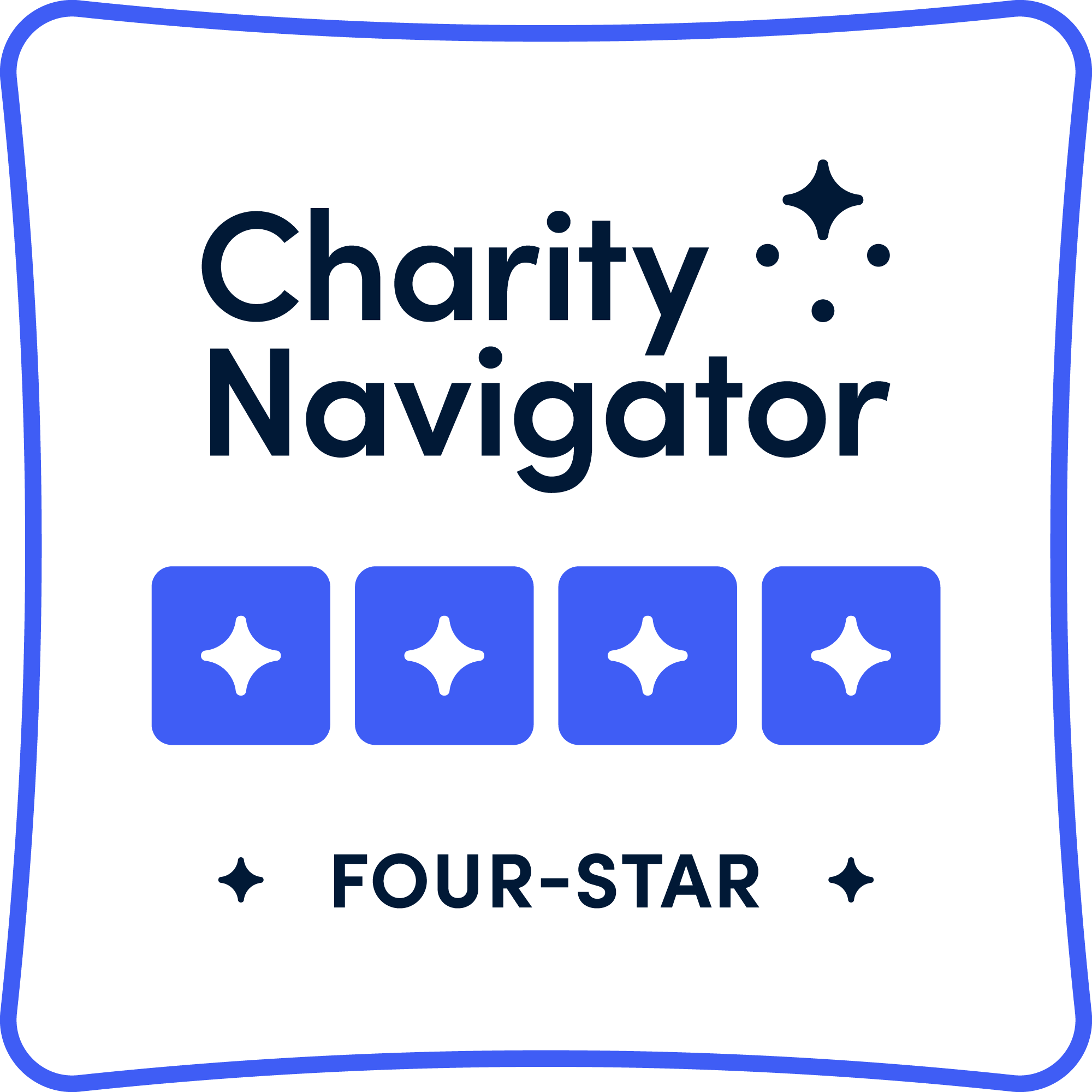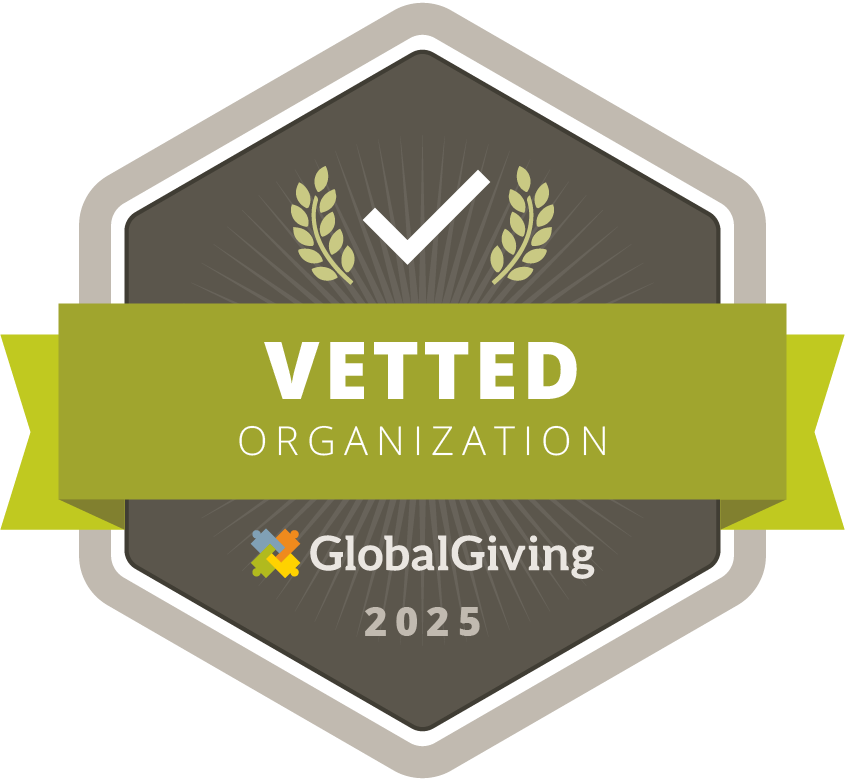Dr. Alemu Kerie Tesfaw, Ophthalmologist
The number of trained ophthalmic personnel in Sub-Saharan Africa compared to the number of people in need of eye care services is woefully insufficient. Ethiopia's population of 85 million is second only to Nigeria’s, and cataract alone accounts for more than 600,000 blind individuals. Dedicated people like Dr. Alemu Tesfaw are working hard to change that.
Dr. Alemu recently completed his fellowship in vitreous and retina surgery, receiving his training through the education and training program developed by the Himalayan Cataract Project.
Wanting to follow his passion for medicine, Alemu Kerie Tesfaw initially considered a career in internal medicine. His focus shifted, however, after being introduced to ophthalmology by an advisor and realizing just how great the need was to help people with avoidable blindness in his home country of Ethiopia.
Dr. Alemu began working with the Himalayan Cataract Project in 2012 during a high-volume cataract campaign where more than 1,100 surgeries were provided in rural Ethiopia. The campaign fueled his desire to expand his knowledge in eye care. With the support of the Himalayan Cataract Project, Dr. Alemu pursued advanced training in Retinal-Vitreous Disease in both Nepal and the United States.
In 2013, he began training at the Moran Eye Center in Salt Lake City, Utah, and continued on to the Tilganga Institute of Ophthalmology in Nepal in 2014 and 2015. Dr. Alemu says he is very thankful for his training and believes strongly in the Himalayan Cataract Project’s Eye Care Model. His desire is to take the Eye Care Model, which has seen so much success in Nepal, and bring it to the people of his homeland. Ethiopia has one of the highest rates of blindness in the world, and roughly 70% of the causes of blindness there are either preventable or treatable.
Dr. Alemu is practicing at WGGA Specialized Eye Clinic in Addis Ababa, Ethiopia. He is grateful he chose the path of Ophthalmology and says there is nothing like the reaction of patients after their vision has been restored.
Below is a Q & A with Dr. Alemu about his service in eye care.
Q: What are your goals for eye care in Ethiopia?
A: I wish to see a robust eye care model established where the highest quality service will be rendered and its work encompasses reaching communities on a regular basis and also with a teaching capability to produce ophthalmic professionals.
Q: What is your favorite patient story?
A: A 44 yr old father of 3 children came with progressive loss of vision in both eyes for 2 1/2 yrs. He was a heavy truck driver but had to quit his job and was forced to remain at home for more than 2 years because of his poor vision. During his illness, he was dependent on his friends to support his family. On presentation, he had cataracts in both eyes. With proper perioperative management, cataract surgery was performed, and his vision was restored to 20/30 in both eyes. He was able to resume his work. His friends, family and he were very grateful.
Q: Why do you feel it is important to support the work being done by HCP and its partners?
A: There are several reasons to support HCP and its partners. Firstly, their substantial work in the neediest communities that have limited access to affordable services with high-quality cataract surgery has transformed many towards productivity. Secondly, HCP supports trainings of ophthalmologists, ophthalmic nurses and allied professionals who will be instrumental in developing sustainable eye care service in their country. Thirdly, HCP’s assistance to centers with supplies and equipment has helped enhance the standard of eye care.



